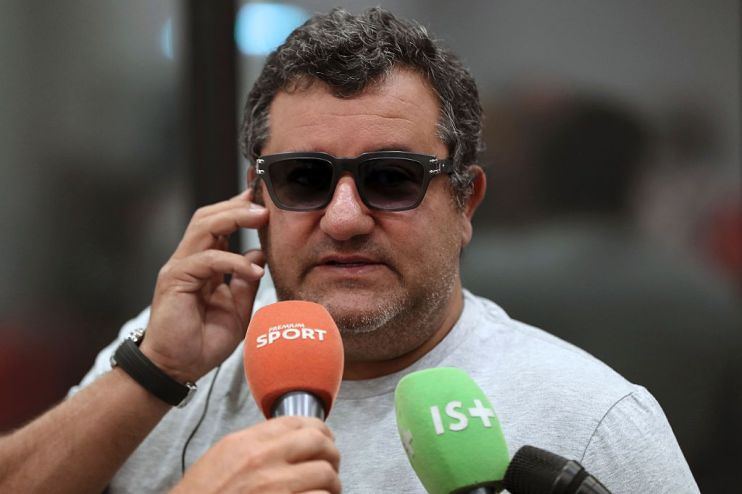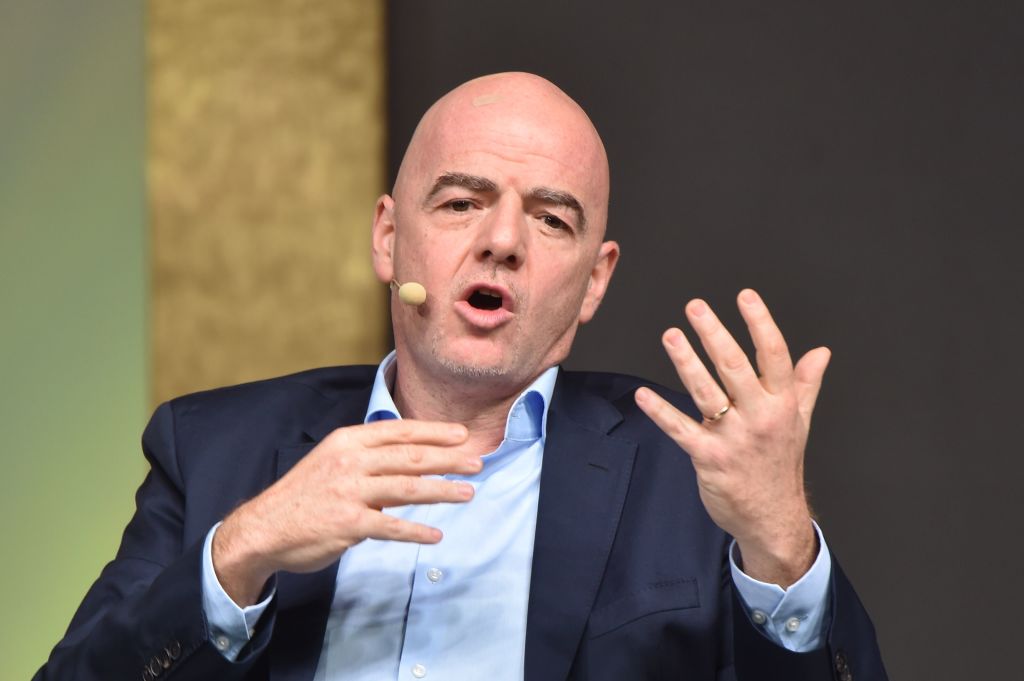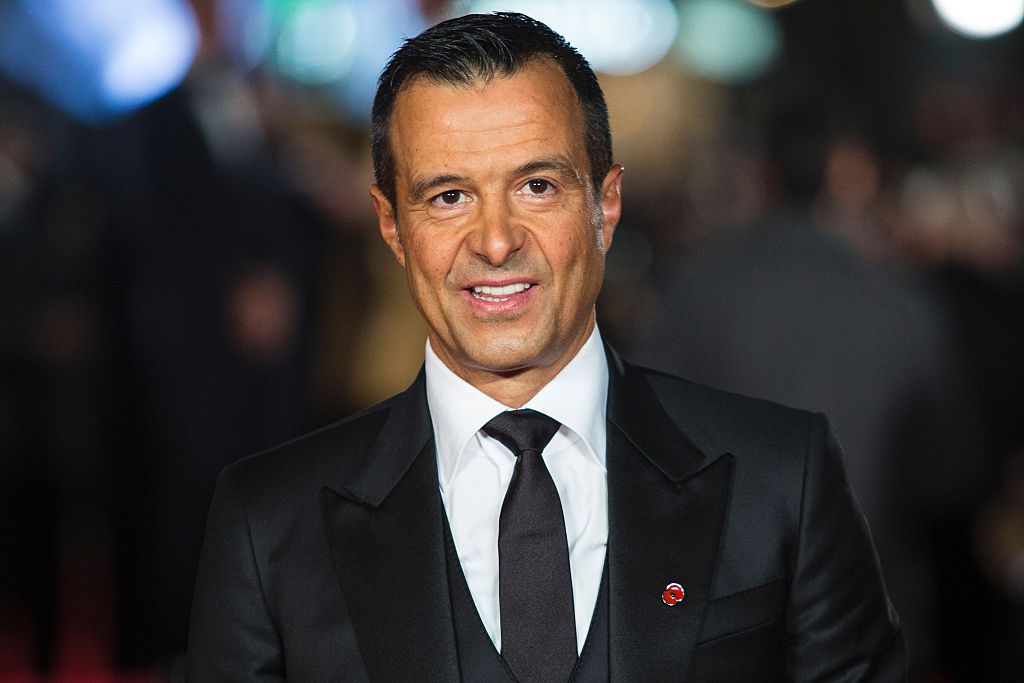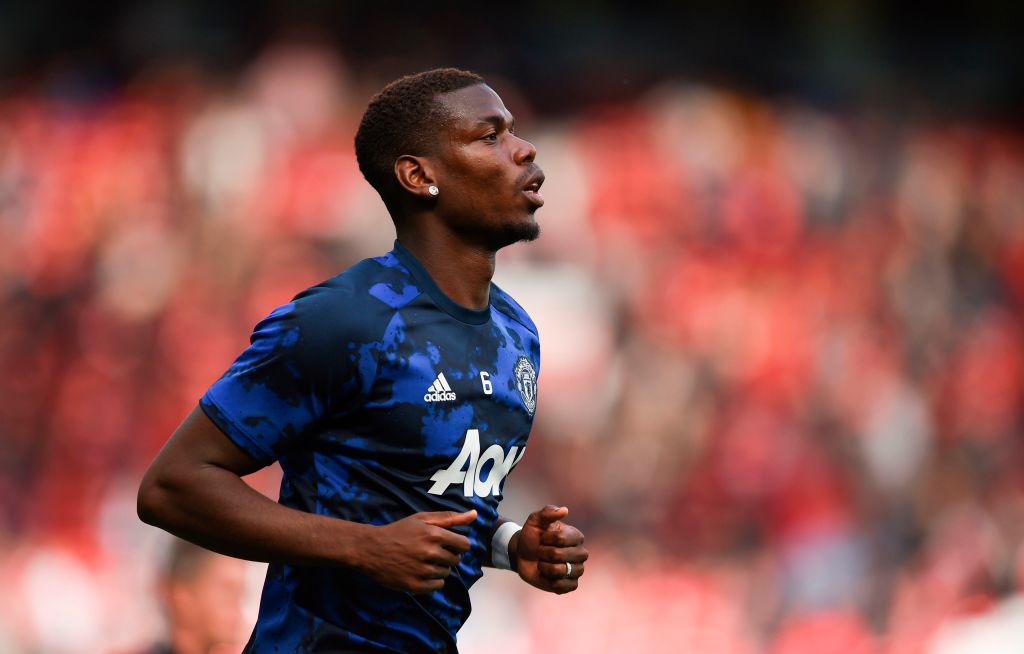Agents row in extra-time: Why Fifa is at loggerheads with football’s leading intermediaries over new rule proposals

A battle which has been rumbling on behind the scenes in football appears set to explode into full public view over the coming months, with the sport’s governing body going head to head with some of its most powerful figures.
The issue at the heart of the matter has nothing to do with what occurs on the pitch, rather the money which changes hands off it.
For the last two years Fifa has been intent on regulating the world in which football agents operate. In September those changes moved a step closer to reality when the body’s stakeholders committee gave them the provisional go-ahead.
If all goes to plan Fifa will announce its regulations late this year before implementing them in September 2021.
Both sides are broadly agreed upon some of these steps, like mandatory licencing and greater education of intermediaries. Some, however, have proved an area of strong disagreement – and this is where the battle lines have been drawn.
Bone of contention
Fifa wants to clamp down on dual representation – where an agent represents both a club and a player in a single deal – and, crucially, the amount of commission agents can receive.
Fifa president Gianni Infantino vowed in February 2018 to curb the “huge amount of money flowing out of the football industry”, drawing a connection between the rise in agents’ fees and the decline in money being spent on “training young players”.

Data from the governing body’s international transfer matching system showed that $653.9m (£501.7m) was spent on agents’ fees in 2019 – a rise of 19.3 per cent on the previous year. Fifa argues this is due to the current “law of the jungle” system whereby “abusive and excessive practices” are commonplace.
To combat these practices Fifa is planning to cap commissions at 10 per cent of the transfer fee for agents representing the selling clubs and at three per cent for those acting on behalf of a player, or a buying club.
They contend the measures are “sensible, reasonable, rational, proportionate and necessary”. Unsurprisingly, agents disagree and they have closed ranks to get their counter-argument straight.
Free market
The Association of Football Agents met last month in a show of unity. They have appointed Magic Circle law firm Linklaters to represent them and oppose a situation that Gareth Bale’s agent Jonathan Barnett has described as “a farce”.
The AFA argues that Fifa has no right to cap their commissions because it is a free market. Talent managers in the entertainment industry, or even estate agents, are not subject to such regulations and to curb their earnings would be in breach of competition law.
Stefano Malvestio, a sports law attorney at Brazilian law firm Bichara & Motta Advogados, believes Fifa effectively enabled the current practise when it deregulated the market by replacing its 2008 rules with new, less stringent ones in 2015.

“Cutting to three per cent the maximum amount of commission for an agent who works for players on low salaries will put them out of business,” he told City A.M.
“My opinion is that it won’t be an easy task for Fifa to demonstrate why a cap of three per cent is needed, especially when the current market practice is significantly higher.
“It might be argued that the cap is detrimental for players themselves, since they will lose access to the services of agents if they cannot remunerate them well enough.”
Compromise
Dr Serhat Yilmaz, a lecturer in sports law at the University of Loughborough who was present at the AFA meeting on 22 January, told City A.M. that it was not yet clear if agents would begin a legal challenge while the measures are still being drafted, or wait until the framework is implemented.
Fifa has seemingly left the door open for dialogue, but agents believe their views were not taken into account enough during the initial stakeholder consultation, deeming invitations to a handful of workshops in 2018 not sufficient to gauge opinion.
Yilmaz, who is an expert on the regulation of agents in European football, says there is no legal precedent for such a case, but in order for Fifa to implement a cap they have to show it is “legitimate, necessary and proportionate” in order not to breach free market principles.

Yilmaz believes the proposed hard cap on agents’ fees would have negative effects and that if the AFA doesn’t carry out its threat of legal action it could negotiate a compromise.
“The argument I’m putting forward is that potentially the cap would kill smaller agents and eventually it will lead to a oligopoly – a market dominated by certain agents — as it will become more concentrated,” he said.
“There is a less restrictive measure: I would argue that a gradual cap, or a tiered cap, could be the way forward.”
In this scenario agents’ fees would be capped on a sliding scale, depending on the value of the contract — for example, 10 per cent commission for those worth under £1m, up to three per cent on those over £10m.
Malvestio agrees with Yilmaz’s assessment that a compromise would be a possible and desired solution, because “some agents would also agree to a cap”, provided it was not set at an “unreasonable” 3 per cent.
But with Fifa “resolute in maintaining the proposed cap” and agents holding the “completely opposite position”, the issue could well be heading for a high-profile showdown in the courts.